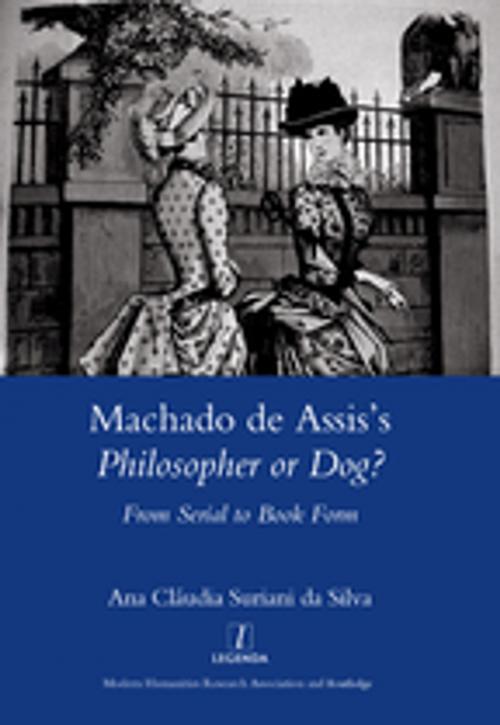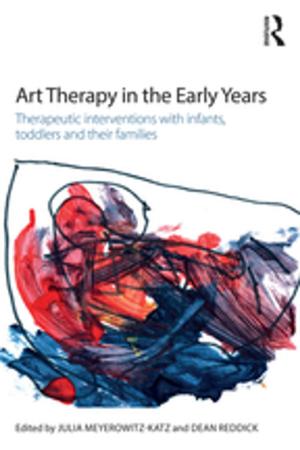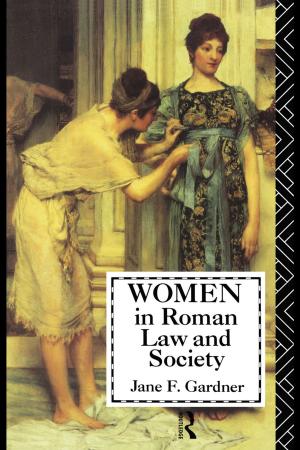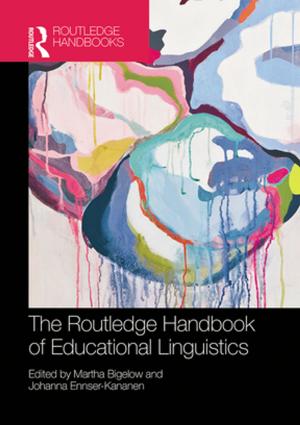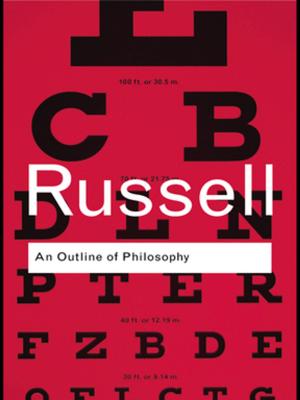Machado De Assis's Philosopher or Dog?
From Serial to Book Form
Nonfiction, Reference & Language, Foreign Languages, Language Arts| Author: | Surianida Silva | ISBN: | 9781351559560 |
| Publisher: | Taylor and Francis | Publication: | July 5, 2017 |
| Imprint: | Routledge | Language: | English |
| Author: | Surianida Silva |
| ISBN: | 9781351559560 |
| Publisher: | Taylor and Francis |
| Publication: | July 5, 2017 |
| Imprint: | Routledge |
| Language: | English |
The great Brazilian writer Joaquim Maria Machado de Assis (1839-1908) published five of his nine novels as feuilletons in daily newspapers or fortnightly women's magazines. How were the structure and themes of those novels entangled with this serial-publication form? In da Silva's important new study, textual scholarship, critical theory and the history of the book are combined in order to trace this relationship. The most important case study is an extended consideration of Philosopher or Dog? (1891), the novel after which he abandoned the feuilleton. Through a comparison of the serial and book versions of Philosopher or Dog? and a thorough study of the periodical in which it appeared, the international women's magazine The Season , da Silva analyses the changes which the genre novel was undergoing at the end of the nineteenth century: the decline of the serial, and the standardisation of female press. Ana Claudia Suriani da Silva is Tutor of Portuguese at the University of Birmingham and Honorary Research Fellow at Birkbeck College, University of London.
The great Brazilian writer Joaquim Maria Machado de Assis (1839-1908) published five of his nine novels as feuilletons in daily newspapers or fortnightly women's magazines. How were the structure and themes of those novels entangled with this serial-publication form? In da Silva's important new study, textual scholarship, critical theory and the history of the book are combined in order to trace this relationship. The most important case study is an extended consideration of Philosopher or Dog? (1891), the novel after which he abandoned the feuilleton. Through a comparison of the serial and book versions of Philosopher or Dog? and a thorough study of the periodical in which it appeared, the international women's magazine The Season , da Silva analyses the changes which the genre novel was undergoing at the end of the nineteenth century: the decline of the serial, and the standardisation of female press. Ana Claudia Suriani da Silva is Tutor of Portuguese at the University of Birmingham and Honorary Research Fellow at Birkbeck College, University of London.
